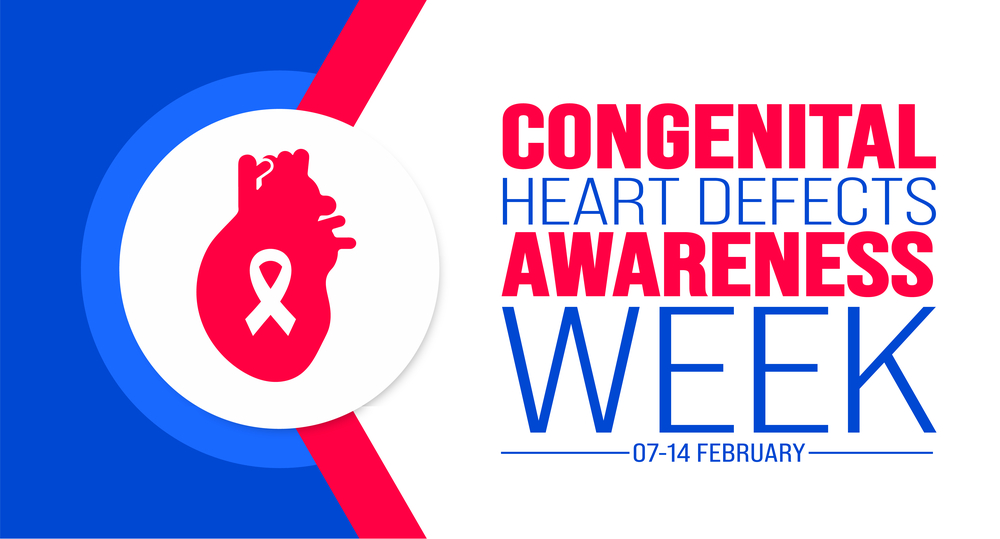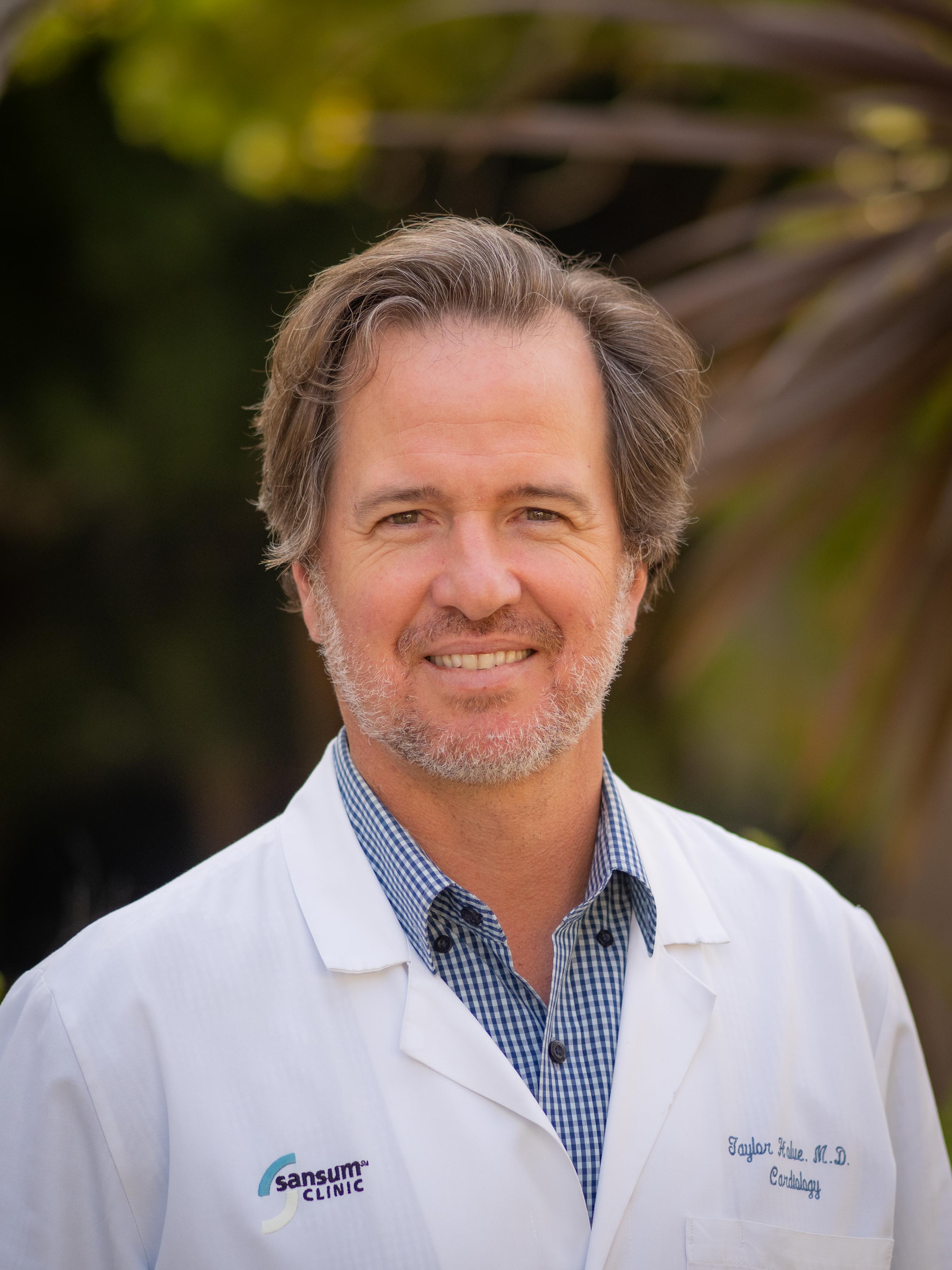
For people born with heart defects, seeing a congenital cardiologist is key to staying healthy. One percent of all births in the U.S. involve a congenital heart defect. Nearly 2 million adults in this country are living with congenital heart disease or ACHD. These patients survived the repair of various types of structural abnormalities in their hearts while infants or children. Congenital heart defects are the most common cause of serious birth defects. While patients with CHDs require lifelong cardiology care, 61% of these patients do not see a cardiology specialist after age 18, according to the American Academy of Pediatrics.
Sansum Clinic’s Taylor Holve, MD specializes in adult congenital heart disease or ACHD. He is passionate about coming alongside these patients to offer reassurance and the necessary expertise to treat their complex physiology. We spoke to Dr. Holve about how critical it is for adults with CHD to see a doctor experienced in the effects of these heart defects.
What is the biggest challenge for adults living with congenital heart disease?
One big challenge is receiving care from a physician who has training and experience with these conditions. Doctors who specialize in this are in short supply. There are approximately 475 doctors nationwide who practice this small but growing niche, and they work in a variety of specialties. I am the only cardiologist specializing in adult congenital heart disease on the Central Coast. Often these patients are left without care since they have no medical home so to speak, as they age out of pediatric care, and do not have a replacement physician who can treat their condition. They may fall through the cracks and not be seen again until they start to have symptoms of their disease progression, some which are preventable. A typical cardiologist may only see a handful of complex ACHD patients over the course of their career. If you specialize in ACHD, you understand more what these patients need, and you have achieved a greater understanding of the potential complications and repercussions of their disease which may develop over their lifetime. Each individual ACHD patient, even with the same diagnosis, may have very different anatomy and other considerations to manage.
How important is follow up care for those with congenital heart disease?
Many ACHD patients mistakenly believe that the surgery they had as a child was a fix for life. They feel fine and do not think they need ongoing care, however it is often during this time, that their repair may be degenerating, and they may not be aware of what is happening within their heart. This gap in care often occurs when the patients are too old to see a pediatrician, but they are not experiencing symptoms requiring them to see a cardiologist. The complications which can develop from CHD, like leakages or abnormal heart rhythms, often go unnoticed in youth, but they could be life-threatening in the long term.
How do you check the heart health of CHD patients?
The initial tests to evaluate adults with CHD are non-invasive, starting with electrocardiograms (ECG) and echocardiography to look at the status of the repair and to check ventricular function. A cardiac MRI can access the anatomy of the heart more closely, and it provides an accurate picture of the chamber sizes and blood flow. Prolonged monitoring and device-based therapy are often used to evaluate and treat rhythm abnormalities.
Are most adults with CHD able to lead healthy lives?
Absolutely. If you examine these patients and do the appropriate evaluation, we can address these problems, quality of life can be improved and most of these patients can lead productive lives. Because of technological advances and great success in treating congenital heart defects in utero and after birth, there are now more adults than children living with CHD. ACDH does not necessarily limit athletic ability or function. There are even some professional athletes and Olympians who have this condition, and they can still compete successfully.
Nearly every adult with CHD will need monitoring and some form of treatment or care during their lifetime. My role is to manage electrical problems and ventricular dysfunction, with medication as well as device-based therapies. Simultaneously, I am watching for the residual effect of the CHD on other organ systems, development of other associated diseases linked with ACHD, and the need for heart structure intervention.
When symptoms do arise, medical therapy for abnormalities of heart rhythm and pacemakers can be used. There might be a need for structural interventions on the heart like valve replacements and surgery on congenital lesions.
Can congenital heart disease be passed on from a parent to a child?
The risk of having a baby with a congenital heart defect is influenced by several factors including family history and genetics. You can’t pass along congenital heart disease to your children, however the risk for CHD is greater if your baby’s other parent, or another of your children, has a congenital heart defect. A parent with the defect has a 50% chance with each pregnancy to have a child with the same abnormality, according to Stanford Children’s Health. Screenings for those who are pregnant or wish to become pregnant is essential, as well as evaluating siblings.
Other factors which raise the risk of CHDs include smoking during pregnancy, certain medicines taken during the first trimester, and other medical conditions like diabetes according to the National Heart, Lung and Blood Institute. If you are at high risk for having a baby with a congenital heart defect, your doctor may recommend screening before the baby is born or strategies to help prevent a congenital heart defect.
CHD can also be linked to complications which develop sporadically in patients, pre-birth and during childhood. Almost all newborns in the United States are screened for congenital heart defects shortly after birth.
When is the ideal time to connect with this patient population?
Ideally, we want to see the patient at the same time they are still seeing their pediatric cardiologist. This helps to get them comfortable going to a new place and to start to recognize complications that are more familiar to an adult congenital heart disease doctor.
Visit www.achaheart.org for more information on adults with congenital heart disease.

Dr. Holve completed his combined residency at the University of Southern California in pediatrics and internal medicine, and focused his training on childhood chronic illnesses and their progression. At Kaiser Foundation Hospital in San Francisco, he pursued fellowships in adult cardiovascular medicine as well as ACHD. Dr. Holve was in the second group that became board-certified for this specialty by the American Board of Internal Medicine and the American Board of Pediatrics.